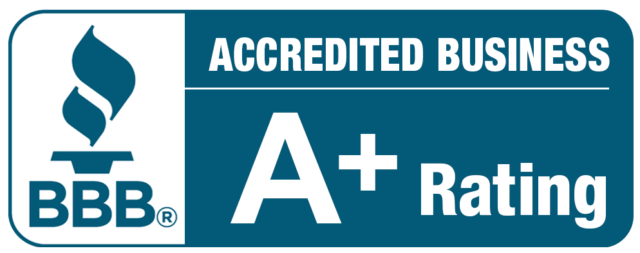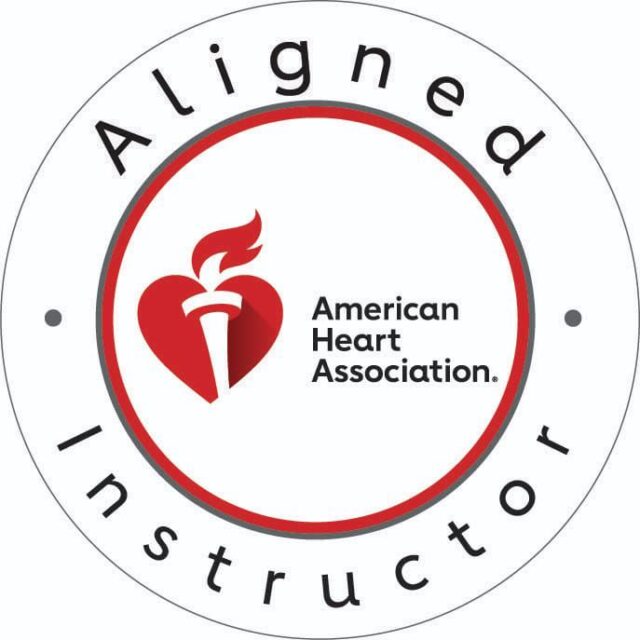If, as a caregiver, your client is a stroke survivor who needs extra in-home care for full recovery, this guide on caring for a stroke survivor will help you navigate this path seamlessly.
The fact is that caring for a loved one who has experienced a stroke is a challenging yet profoundly rewarding responsibility.
It will require a lot of patience and compassion to see that your client is not in any way feeling bad about his or her situation while ensuring you are not burned out.
Also, as a caregiver, your role extends beyond providing physical assistance; it encompasses emotional support, understanding the complexities of stroke recovery, and actively participating in the rehabilitation journey.
In this comprehensive guide, we will explore essential aspects of stroke care, offering practical insights and tips to help you navigate this intricate path with confidence and compassion.
Understanding Stroke
Just before you unleash all the gusto you have in you to ensure you start your next job, what do you know about stroke?
I thought as much
Before delving into caregiving specifics, it’s crucial to have a basic understanding of what a stroke is and how it can affect an individual.
The World Health Organization defined stroke as ‘rapidly developed clinical signs of focal (or global) disturbance of cerebral function, lasting more than 24 hours or leading to death, with no apparent cause other than of vascular origin’
A stroke occurs when there is a disruption in blood flow to the brain, either due to a blood clot or a burst blood vessel. The resulting lack of oxygen and nutrients can cause brain cells to die, leading to various physical and cognitive impairments.
People who survived stroke require extra care and attention to fast-track or facilitate full recovery, and that’s where you come in.
How do I care for a stroke survivor as a caregiver?
We have shared steps for caring for a stroke survivor as a caregiver. No step is insignificant, but chances are that you may not need to apply all strategies because the condition of your patient determines what you should do.
Here are the steps you should follow:
1. Educate yourself about stroke
To be an effective caregiver, take the time to educate yourself about the specific type of stroke your loved one experienced, its impact on their body, and the potential long-term effects.
This knowledge will empower you to provide targeted and informed care when caring for a stroke survivor.
2. Ensure your client follows their medical routine
Because your client is in recovery, they will still have a lot to do with the hospital and check-ups.
Where you come in as a caregiver is to ensure your loved one attends all medical appointments, including follow-ups with neurologists, therapists, and other specialists.
These appointments are crucial for monitoring progress, adjusting medications, and addressing any emerging issues
3. Help your client manage their medication
You also come in when it comes to helping your client overcome barriers to medication adherence.
Keep a detailed record of medications, dosages, and schedules. If your client does not have a schedule yet, see how to create a medication schedule.
This will help you ensure that your loved one takes their prescribed medications as directed. Report any side effects or concerns to the healthcare team promptly.
4. Provide emotional well-being support
Before caring for a stroke survivor, you should know that stroke survivors often face emotional challenges. It’s a roller coaster. From frustration to anxiety, depression, and anger.
You have to be patient and understanding. Also, you have to encourage them to be open and communicate their feelings.
You can also suggest that they seek professional counselling or join support groups to help them navigate the emotional aspects of recovery.
5. Physical Assistance
Stroke survivors may not be able to do a lot of things by themselves. They are not fully independent. So as a caregiver, you need to assist them with daily activities.
Depending on the severity of the stroke, your client may need assistance with daily activities such as bathing, dressing, and eating. You can see how to dress and undress clients with partial stroke.
Ensure to adapt the level of support based on their specific needs, promoting independence whenever possible.
6. Mobility Support
Ensure to collaborate with physical therapists to implement mobility exercises for them. This helps their muscles and bones become energetic and engaged.
Also ensure the living space is safe and accessible, considering the potential use of assistive devices like walkers or wheelchairs. See some of the essential home modifications to enhance safety
7. Speech and Communication
If the stroke has affected speech, work closely with a speech therapist to enhance communication skills. Be patient, use simple language, and explore alternative methods like writing or communication devices.
Also, facilitates social interactions to combat isolation. Encourage friends and family to visit, participate in support groups, or engage in activities that align with their interests.
8. Be vigilant for complications
Keep a watchful eye for signs of complications, such as infections or blood clots. Promptly seek medical attention if any issues arise, and communicate effectively with healthcare professionals.
9. Diet and Nutrition
Ensure to consult a nutritionist for the best food and diet plan for your client.
Work with a healthcare professional or nutritionist to develop a well-balanced diet tailored to your loved one’s specific needs.
Ensure they stay hydrated, as proper nutrition is integral to the recovery process.
10. Respite for yourself
Hey! Take Breaks
Caring for a stroke survivor can be emotionally and physically demanding. Take regular breaks to recharge and prioritize your well-being.
Seek support from friends, family, or respite care services when needed. Don’t know what to do? See our guide on Self-care For Caregivers.
Is in-home care a good option for stroke survivors?
The journey of stroke recovery is a complex and multifaceted process, often requiring a comprehensive and personalized approach.
Leaving the patient in the hospital may be a good idea but in-home care is considered the best.
In-home care plays a pivotal role in facilitating a stroke survivor’s transition from hospital to home, providing the necessary support and assistance for a smoother recovery.
In-home care is a good option because care here is
- Personalized
- Survivors get daily assistance
- Survivors get to stay with their families.
- Survivors get emotional support and companionship.
- The environment is familiar which can be a comforting and motivating factor for recovery.
Conclusion
Caring for a stroke survivor requires a multifaceted approach that combines medical awareness, emotional support, and practical caregiving skills.
By staying informed, fostering open communication, and actively participating in the rehabilitation process, you can make a significant positive impact on your loved one’s recovery journey.
Remember that every stroke survivor is unique, and your role as a caregiver is invaluable in promoting their overall well-being and quality of life.
We hope you found this guide helpful.
If you are in Indiana and looking for how to access quality care services and personalized client care plans, visit Good Hands Home Care Agency, where care is offered with professionalism and efficiency.
You can reach out to us via call at +1-317-742-4135, +1-317-981-5990
At Good Hands Home Care, YOU ARE IN GOOD HANDS!!!





